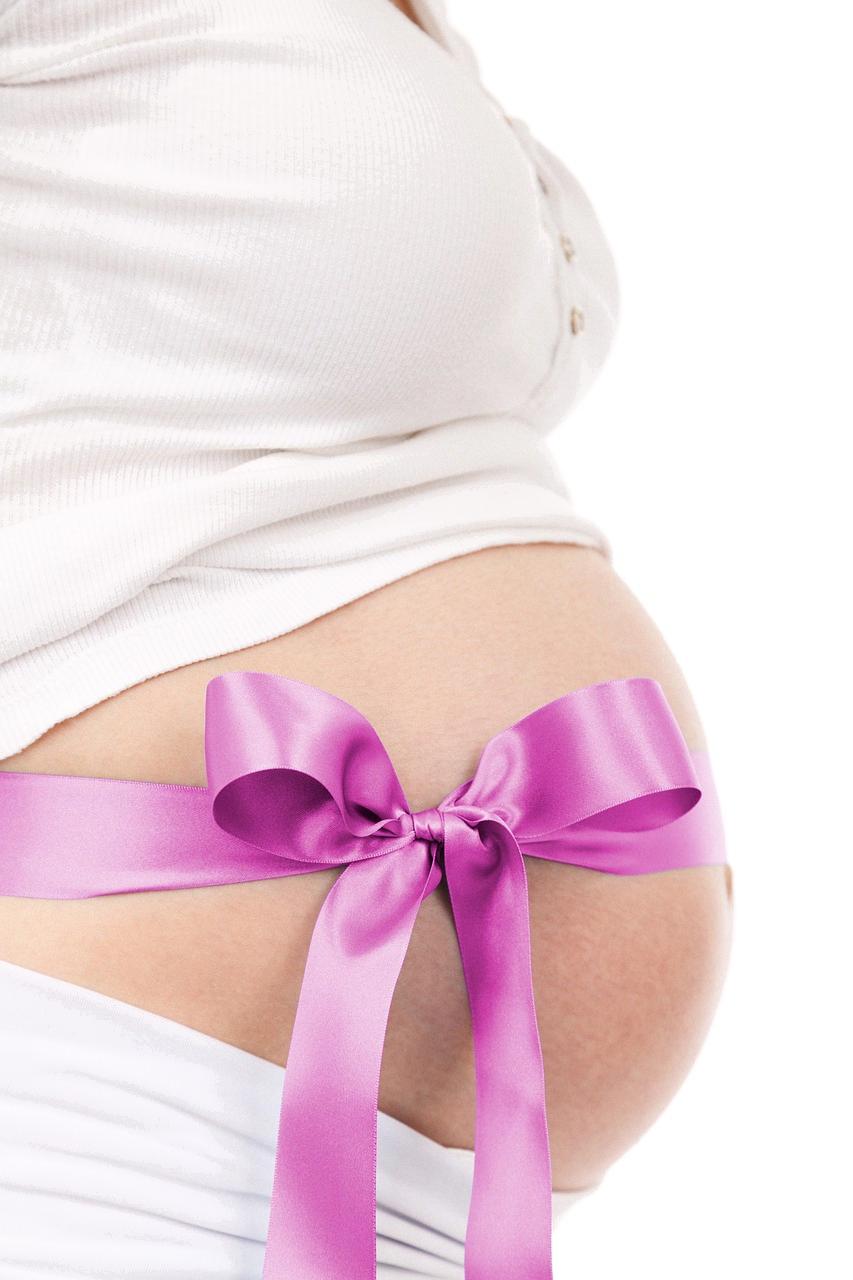After going through the amazing journey of pregnancy and childbirth, your body undergoes a multitude of changes. One of the changes many women experience postpartum is the return of their menstrual cycle. However, this process can vary greatly from person to person, and it’s essential to pay attention to your body’s signals.
Normal vs. Abnormal Postpartum Periods
It’s common for women to experience irregular periods in the first few months after giving birth. This irregularity can manifest as variations in the length of your cycle, the amount of bleeding, and the symptoms you may encounter. However, there are scenarios where your postpartum period may raise concerns.
Signs to Watch Out For
One crucial indicator that something might be wrong is excessively heavy bleeding, also known as postpartum hemorrhage. If you find yourself changing pads every hour or passing large blood clots, it’s essential to seek medical assistance immediately. This can be a sign of a more serious underlying issue.
Timeline for Concern
Typically, your menstrual cycle may take a few months to regulate after giving birth. However, if you continue to experience abnormal bleeding or intense pain beyond the first six weeks postpartum, it’s crucial to consult with your healthcare provider. They can evaluate your symptoms and provide guidance on the next steps.
Understanding Your Body’s Signals
It’s essential to tune in to your body and recognize any deviations from your usual postpartum experience. Trust your instincts and don’t hesitate to reach out for professional help if you feel that something isn’t right. Your well-being is of utmost importance during this delicate period.
Consulting a Healthcare Provider
Your healthcare provider is your best resource for addressing any concerns regarding your postpartum period. They can conduct a thorough evaluation, perform necessary tests, and offer tailored advice based on your individual circumstances. Don’t hesitate to schedule an appointment if you have any doubts or questions.
Postpartum Hemorrhage
Postpartum hemorrhage is a serious condition that requires immediate medical attention. If you experience symptoms such as lightheadedness, dizziness, fainting, or rapid heartbeat along with heavy bleeding, do not delay seeking help. Prompt intervention is crucial in managing this condition.
Emotional Well-being
Dealing with postpartum changes can be emotionally challenging for many women. If you find yourself feeling overwhelmed, anxious, or experiencing mood swings, don’t hesitate to reach out for support. Your mental health is just as important as your physical well-being.
Self-care Practices
Engaging in self-care activities can help you navigate the postpartum period with greater ease. Rest when you need to, eat nutritious meals, stay hydrated, and prioritize gentle exercise. Taking care of yourself will not only benefit your recovery but also contribute to your overall well-being.
Community Resources
Don’t hesitate to lean on your support system during this transformative time. Whether it’s family, friends, or online communities, having a network of people who understand and empathize with your experiences can make a significant difference in how you navigate postpartum challenges.
Final Thoughts
Remember that every woman’s postpartum journey is unique, and it’s okay to seek help and guidance along the way. Your well-being and health are top priorities, so listen to your body, trust your instincts, and reach out for support when needed. By staying informed and proactive, you can ensure a smoother transition into this new phase of your life.

